10 Importance of Animals in Our Life

Animals hold vital importance in our lives, influencing various aspects of human existence. In this essay, we will explore ten major ways animals contribute to our well-being, the environment, and society. Each of these areas reflects 10 Importance of Animals in Our Life and emphasizes the need for their protection and importance.
Companionship and Emotional Support

Animals, especially pets such as dogs and cats, provide us with companionship, love, and emotional support. Their presence has a positive effect on our mental and emotional well-being, helping to reduce stress, reducing symptoms of anxiety and depression, and providing a sense of comfort and connectedness.
Read More: Top 11 Most Beautiful Snakes in The World
Ecological Balance and Biodiversity
Animals are integral parts of ecosystems, contributing to the conservation of ecological balance and biodiversity. They play a variety of roles as pollinators, seed dispersers, predators and prey, ensuring the health and functioning of natural habitats.

By maintaining the delicate balance of these ecosystems, animals support the survival of many plant species and the overall stability of our planet.
Food Production and Agriculture
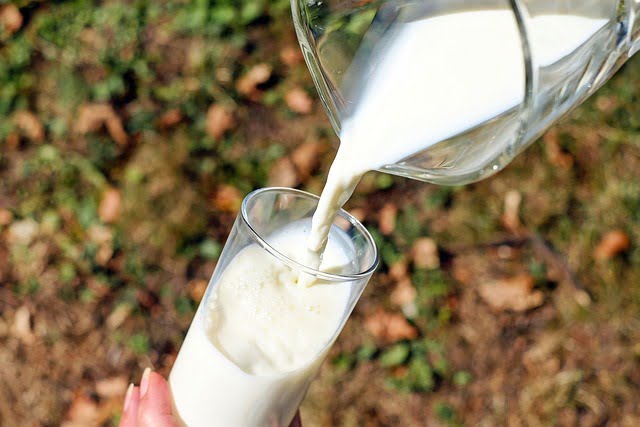
Animals are essential for food production and agriculture. Livestock such as cows, pigs and chickens provide meat, milk and eggs, which are the main sources of protein for billions of people around the world. Additionally, fish and other marine food species contribute to global food security, especially in coastal areas.
Scientific Progress and Medical Research
Animals have been instrumental in scientific progress and medical research. Through animal testing, we have gained important insight into various diseases, developed treatments, and advanced medical knowledge.
Read More: Types Of Forests In The World
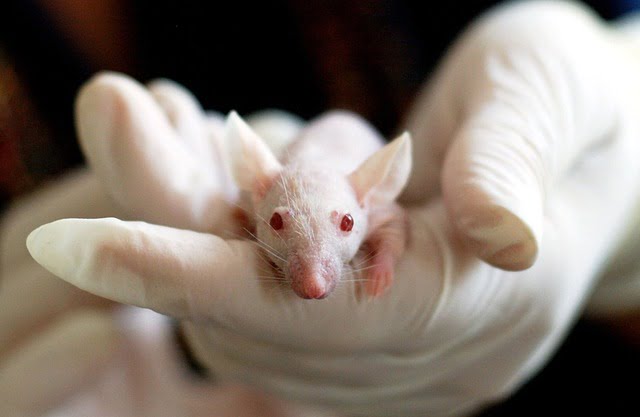
Animal research has been instrumental in developing vaccines, discovering surgical techniques and life-saving drugs, improving human health and saving lives.
Environmental Protection and Wildlife Tourism
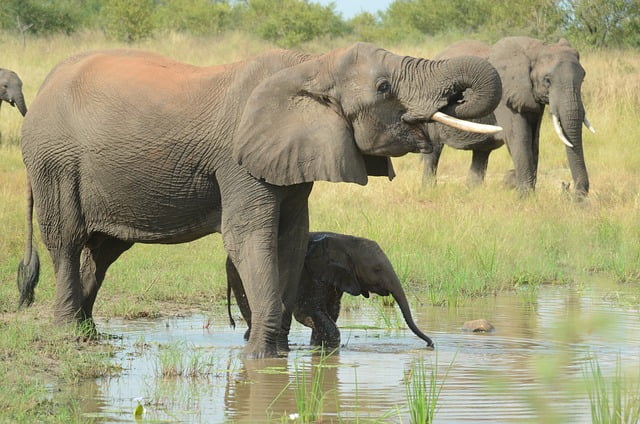
Animals and birds play an important role in environmental protection. By protecting and conserving habitats, we ensure the survival of diverse animal species. Wildlife tourism, focused on viewing animals in their natural habitats, promotes conservation efforts, generates revenue, and raises awareness of the importance of protecting our planet’s biodiversity.
Read More: 10 Most Oxygen Producing Trees in India
Education and Awareness
Animals serve as powerful educational tools, allowing us to learn about different species, their habitats, and the importance of environmental protection.
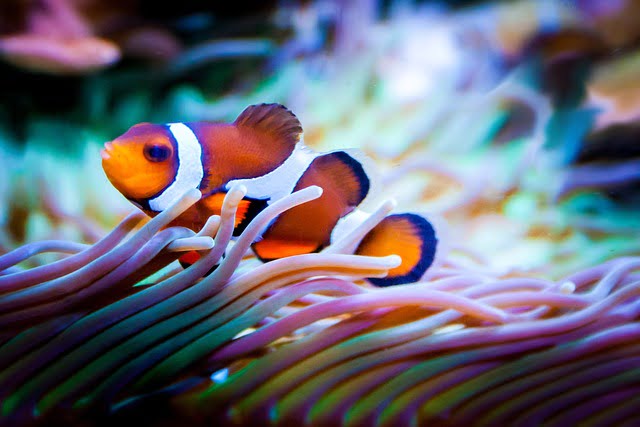
Zoos, aquariums, and wildlife parks provide opportunities for people to see and appreciate animals up close, promote environmental awareness, and encourage future generations to value and protect wildlife.
Sustainable Agriculture and Farming Practices
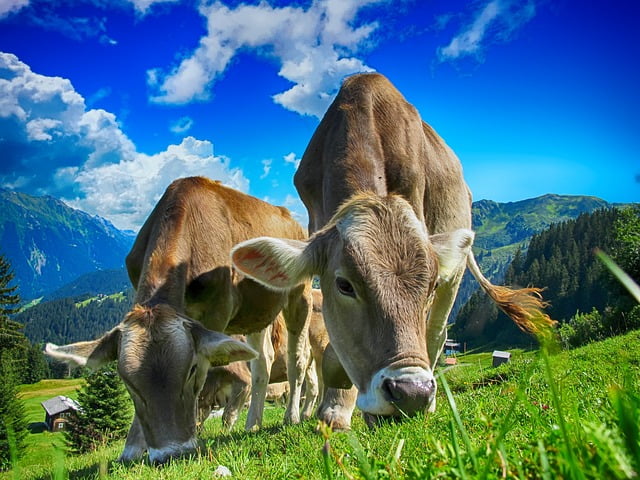
Livestock can contribute to sustainable agriculture and farming practices. By prioritizing animal welfare, minimizing environmental impact and implementing methods that ensure the health of livestock, we can maintain a balance between food production and environmental sustainability.
Read More: The 11 Most Sacred Rivers of India
Support and Therapy
Animals, such as guide dogs and therapy animals, provide invaluable assistance to individuals with disabilities. Guide dogs assist visually impaired individuals, increasing their mobility and independence.
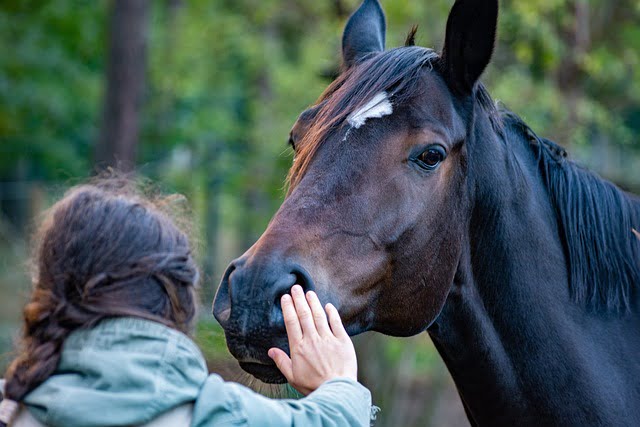
Therapy animals, including dogs and horses, provide emotional support and assistance in therapeutic settings, promoting physical and mental well-being.
Work and Service
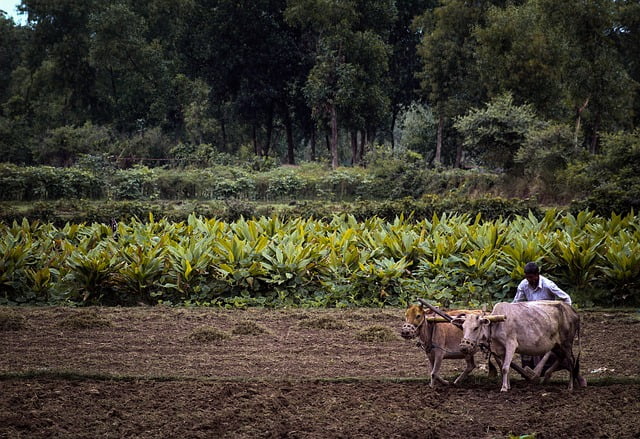
Throughout history, animals have played important roles in various fields of work. From horses used for transportation and labor to dogs employed in law enforcement and search and rescue operations, animals contribute to human activities, increasing efficiency and ensuring public safety.
Read More: 8 Best National Parks in Madhya Pradesh
Cultural and Artistic Significance
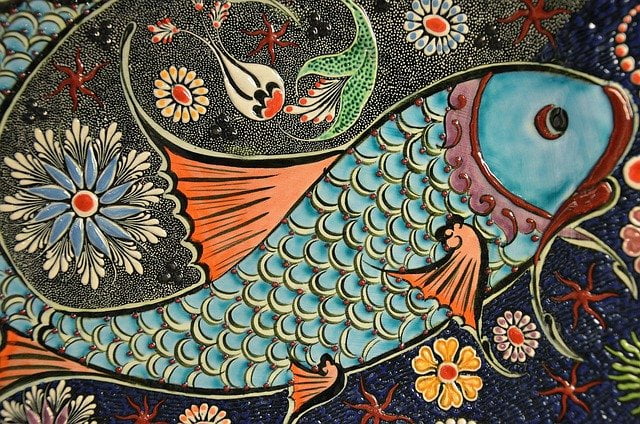
Animals hold immense cultural and artistic significance. They have been featured in literature, folklore, art and entertainment for centuries as symbols, characters and sources of inspiration. Animals in these contexts often teach morals, entertain audiences, and foster creativity.




